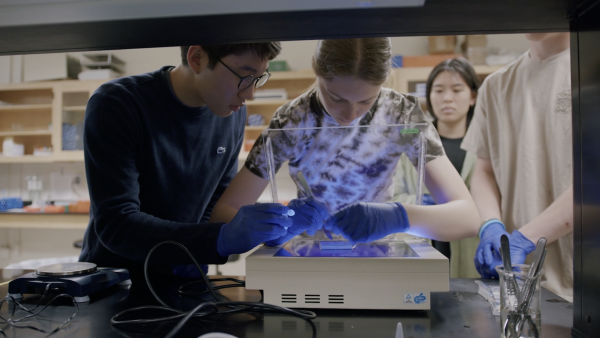First Responders Receive Much-Deserved Support
In 2017, more first responders, such as firefighters, policemen, and EMTs, died of suicide than in the line of duty. First responders are the heroes we rely on to arrive in times of emergency. These men and women regularly encounter danger and death in order to protect the lives of others.
Exposure to constant anxiety and witnessing a great deal of human suffering can lead to a variety of mental illnesses. However, hope appears in the form of mental health treatment at centers like Mountainside in Canaan, CT, which now offers a free First Responders Support Group, providing a space in which local first responders can seek support. They will be able to not only connect with others who undergo the same kinds of stress, but also receive counseling from mental health professionals.
According to the scientific journal Aggression and Violent Behavior, 80% of first responders have reported “traumatic events” occurring during their workday. For instance, 80% of paramedics have experienced the death of a patient in their care, the death of a child, and/or violence; 70% of them have even been assaulted while on the job.
The Lakeville Hose Company (LHC) and the Salisbury Volunteer Ambulance Service (SVAS) respond to over 500 calls per year in the Salisbury area. The organizations, independent of one another, are staffed by approximately 100 volunteers who are highly trained in firefighting and medical care. With a moment’s notice, a first responder might be called to a scene of a car accident on Route 41 or to assist in a rescue mission on a frozen lake. Across Litchfield County, numerous lakes, the Berkshire mountains, and Limerock Park, as well as several independent schools, demand a high level of service and expertise in rescue techniques. Often, the first responders encounter horrific circumstances. Dr. Anju Taneja, instructor in physics and former EMT, said, “Some of my colleagues on the squad were witness to stressful calls. The support system is very vital to help first responders and EMTs to process and digest their experience responding particularly to trauma and death.”
In response to traumatic events, first responders can develop disorders such as Post Traumatic Stress Disorder (PTSD), Acute Stress Disorder (ASD), and depression. Ten percent of first responders in the U.S. suffer from PTSD. An astounding 30% of first responders endure some form of anxiety or depression.
According to the Mountainside website, this group will also reduce the likelihood of falling into substance abuse. Fifty to sixty-six percent of people who experience PTSD also abuse substances. Thirty-six percent of paramedics are diagnosed with depression and 29% of firefighters abuse alcohol. The National Bureau of Economic Research reports that people who have been diagnosed with mental illness consume 69% of the nation’s alcohol and 84% of the nation’s cocaine. Because a support group will provide emotional stability, first responders will likely be less inclined to treat alcohol and drug usage as an outlet for their stress. The free support groups for first responders at Mountainside Treatment Center in Canaan will aid the heroes who put their lives and mental health on the line to help others by providing a safe space to address their mental health concerns.












